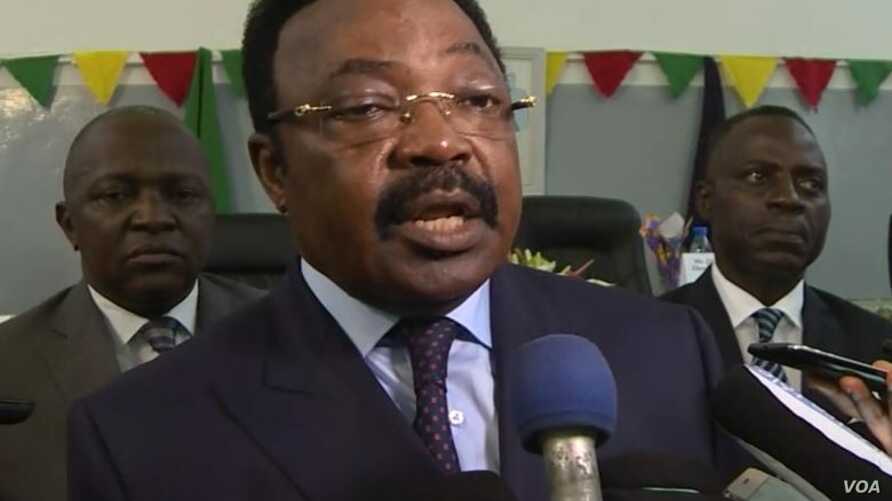All efforts must be pooled to give a unique response to terrorism, according to the Minister Delegate to the Minister of External Relations.
The security situation in Cameroon, Chad, Mali and Haiti was the crucial point on the agenda during the 115th session of the Permanent Council of La Francophonie held on July 6.
The government urged member states of La Francophonie to bring to justice the promoters of violence and terrorism in Cameroon, living in their respective countries.
“The use of violence, however legitimate, must not find a favorable echo in this contemporary world. As no one is immune from the scourge of terrorism, all our efforts must be pooled to give it a unique response, especially when a country is a victim. Also, this is the place for me to ask the countries where the sponsors of these heinous acts reside to deliver them to justice so that they answer for their crimes ”, declared Felix Mbayu, the Minister Delegate to the Minister of exterior Relations (Minrex).
Stating that Yaoundé is “always ready to engage in constructive contacts with its diaspora“, the member of the government welcomed the decision of the United States to no longer provide visas to people accused of abuses in the English-speaking zone. An example for the countries of La Francophonie to follow.
“Here I would like to welcome the recent indictment in the United States of individuals suspected of providing arms and funding to terrorists operating in the North West and South West of Cameroon. This action made it possible to note a remarkable reduction in the harmful activities of this diaspora which sponsored these acts of violence ”, recognized Mindel.
Indeed, three individuals of Cameroonian origin were indicted for arms trafficking on June 1 in the United States. According to American justice, they have transported weapons by boat since 2017 to Nigeria, a country bordering the crisis regions of the Northwest and Southwest.
Likewise, on June 7, the US Secretary of State for Foreign Affairs, Antony Blinken, announced visa restrictions on people involved in violence in English-speaking regions: “This decision reflects our commitment to advance a dialogue for peacefully resolve the Anglophone crisis and support respect for human rights, ”he added.

